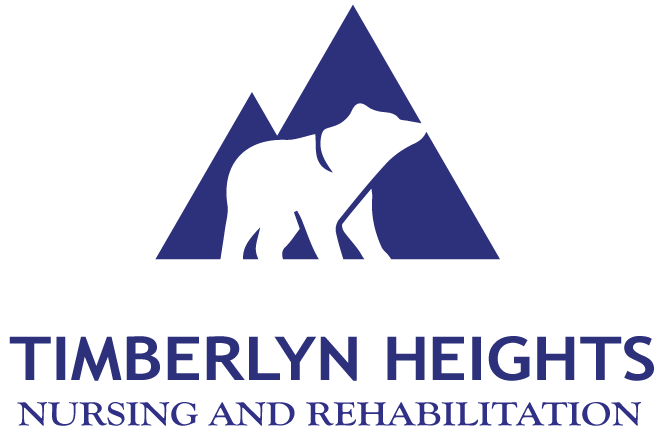Home / Locations / Timberlyn Heights Nursing and Rehabilitation / Programs & Services
Programs & Services
At Bear Mountain Timberlyn Heights Nursing and Rehabilitation we offer a comprehensive range of skilled nursing and rehabilitation services all directed by an interdisciplinary team of professionals. Services and programs include:
Programs & Services
- Short-Term Rehabilitation
- Long-Term Care
- Skilled Rehabilitative Nursing
- Hospice Care
- Physical Therapy
- Occupational Therapy
- Speech/Language Pathology
- Recreational Therapy
- Post-Surgical Care
- Respite Care
Specialized Services/Complex Care
- Nutritional Counseling
- Social Service/Case Management
- Pre-Admission Assessments
- & Individualized Treatment Planning
- Diabetic Care
- Wound Management
- Ostomy Care
- Stroke Rehabilitation
- IV Therapy
- Pain Management
For more information or to schedule a tour of the facility, call 413-528-1609.

